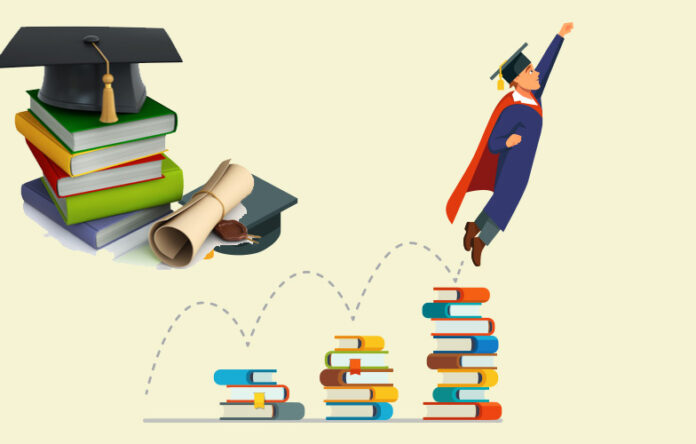Vijay Garg
While formal schooling is the most common path, there are many alternatives to traditional education that can be just as effective, if not more so, depending on the individual’s learning style and goals. These alternatives often emphasize hands-on experience, personalized learning, and a focus on practical skills over a standardized curriculum.
1. Apprenticeships and Vocational Training
This is a centuries-old model of education that combines on-the-job training with classroom instruction. Apprenticeships are particularly popular in skilled trades like plumbing, electrical work, and construction, as well as in professional fields like technology and healthcare. This pathway allows individuals to earn a wage while they learn and provides a direct route into the workforce without the burden of student debt. Vocational training is similar, focusing on developing practical skills for a specific job or trade through courses and hands-on work.
Also Read:https://www.theassamrising.com/book-review-life-is-a-battlefield/
2. Self-Directed Learning
With the rise of the internet, self-directed learning has become a powerful alternative. This approach, often seen in the unschooling movement, puts the learner in control of their own education. They identify their own goals, choose their resources (online courses, books, videos, mentors), and set their own pace. This method fosters a deep sense of ownership and can lead to a more profound understanding of a subject by allowing individuals to pursue topics they’re truly passionate about.
3. Homeschooling and Learning Pods
Homeschooling involves parents taking on the role of educators and customizing a curriculum that fits their child’s interests and learning style. It offers a flexible and supportive environment. A more recent alternative is the learning pod, where a small group of students from different families gathers to learn together, often with a dedicated tutor or a parent-led curriculum. This combines the personalized attention of homeschooling with the social interaction of a traditional classroom.
Also Read:https://www.theassamrising.com/sudhakantha-assams-musical-maestro/
4. Experiential Learning
This is the process of learning through direct experience. Rather than reading about a concept in a book, you learn by doing it. This can take many forms, from travel and cultural immersion to internships, volunteer work, or starting your own business. Experiential learning develops essential real-world skills like problem-solving, resilience, and adaptability in a way that is difficult to replicate in a classroom.
Ultimately, the best path to an “education” is a mix of different approaches. While formal schooling provides a structured foundation, incorporating elements of self-directed, experiential, and vocational learning can lead to a more well-rounded, adaptable, and relevant skill set for the modern world.

